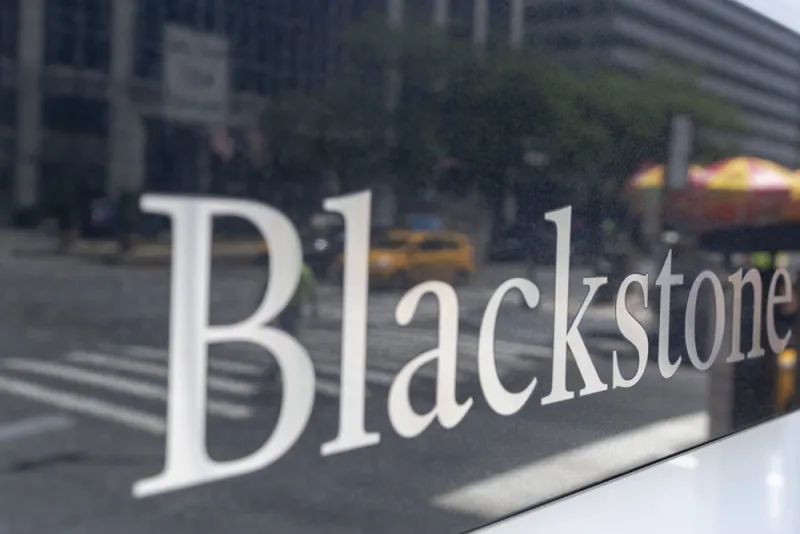Private equity giants increased their earnings from fees in 2020, as their assets under management rose despite the pandemic.
Blackstone Group, Apollo Global Management, KKR & Co, Carlyle Group, and Ares Management Corp. — the five largest publicly-traded private equity firms in the U.S. — each expanded their stream of fee-related earnings last year, according to a PitchBook report Wednesday. Blackstone had the highest such earnings, including about $750 million in the fourth quarter.
Blackstone, the world’s largest private equity firm, is on pace to exceed $3 billion in fee-related earnings in 2021, while KKR may see $1.5 billion, according to Wylie Fernyhough, a senior analyst at PitchBook. The estimates are based on the firms’ fourth quarter results, he explained by phone.
Private equity firms have been seeking to expand their assets in areas where they can collect a steady stream of management fees, along with other fees that aren’t tied to performance, according to Fernyhough. In particular, they want more “perpetual capital,” which they’ve been increasing mainly through investing in insurance assets, he said.
For example, Apollo added almost $100 billion in assets through two insurance acquisitions last year, increasing its permanent capital base to 60 percent of its assets — “by far the highest amount of perpetual capital in the industry,” according to the PitchBook report. Meanwhile, KKR’s purchase of Global Atlantic, which closed in early 2021, added over $90 billion of assets, the data provider said. Blackstone, Ares, and Carlyle also increased their insurance bases last year, according to the report.
“The longer duration of the assets means more management fees,” Fernyhough said.
Although U.S. private equity fundraising fell by a third last year compared to 2019 levels, the large publicly-traded firms still raised “healthy” sums as their limited partners “chose to re-up with existing relationships,” according to PitchBook.
“KKR amassed more capital in 2020 than ever before, and Blackstone raised nearly $100 billion without flagship funds in the market,” the data provider said.







